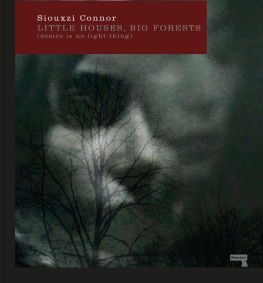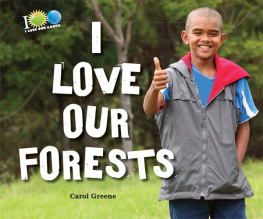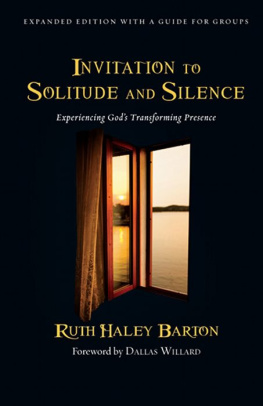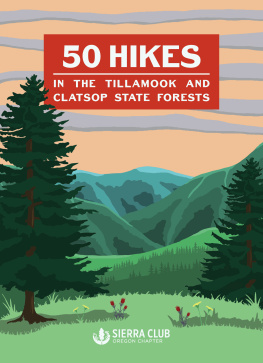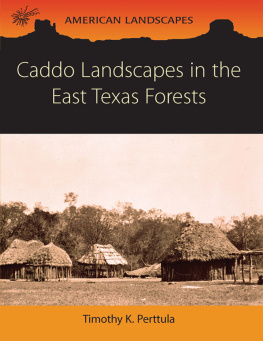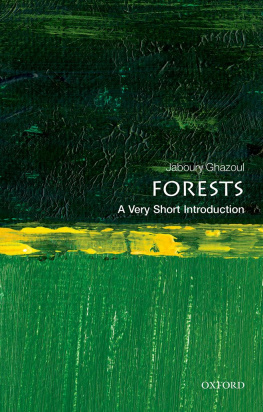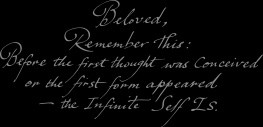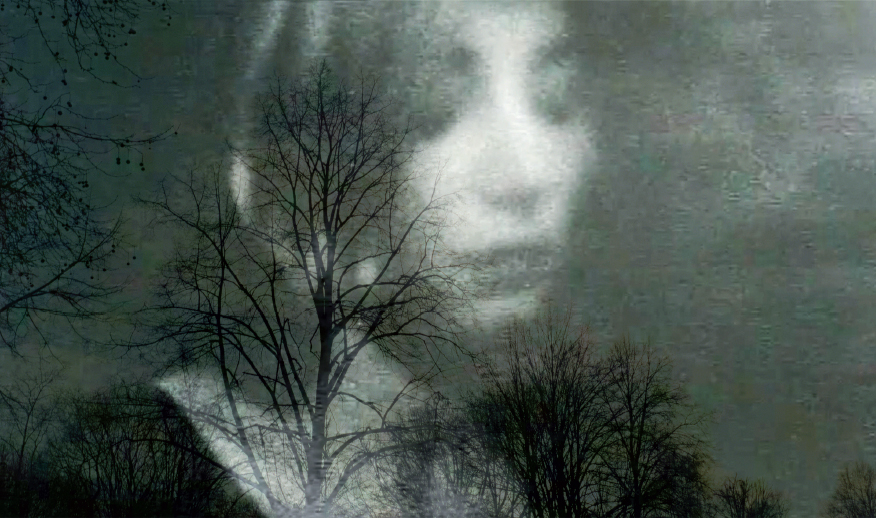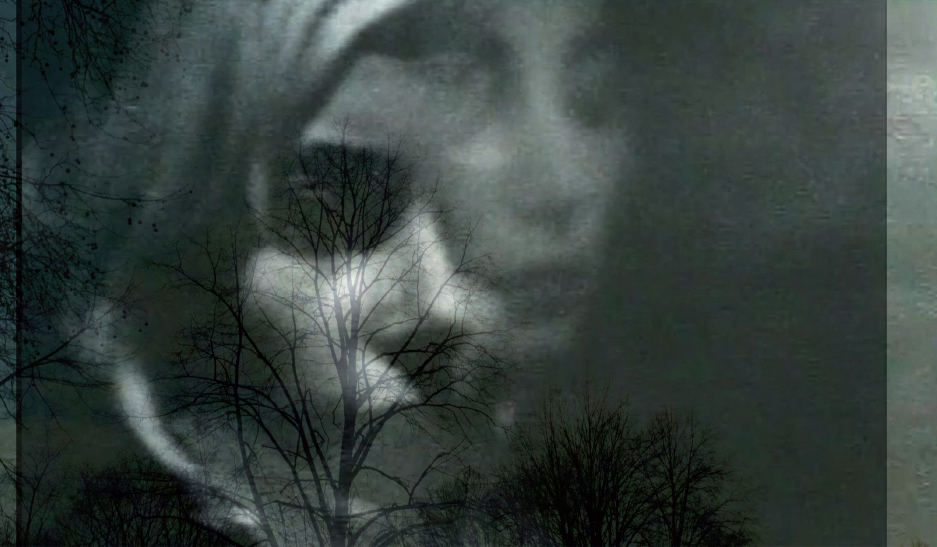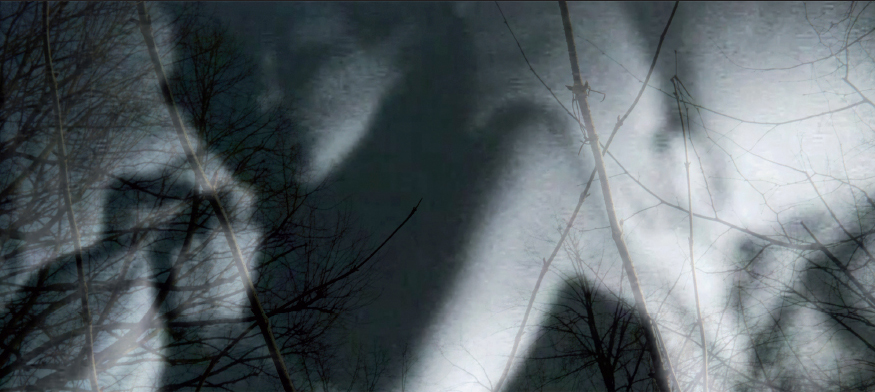Little Houses, Big Forests
Siouxzi Connor
Little Houses, Big Forests
(desire is no light thing)
Huge gratefulness to:
The city of Berlin for the opportunity, the knowledge and ultimately for making
impossibilities possible. Particular thanks to the Berlin Institute for Cultural
Inquiry, especially Claudia Peppel for her continuing care.
Tariq Goddard for everything here, of course.
My family, no matter how far and long I wandered.
For the ones with unwavering belief. Thank you for cracking the light open in me.
Contents
throughout: vignettes from the novel Our Little
Wooden House in the Forest and moments from the
film Jet Black, reconfigured with 35mm film stills
taken from the series Lost Knowledge.
An Introduction
just tumult everywhere endlessly
Confused? Lost? [] If you dont know where you are, can you know who you are? Just tumult everywhere endlessly, tumult modulating into another tumult all over and without end. The change is so constant so pervasive so relentless, that identity, place, scale all measure lessen, weaken, eventually disappear.
R ONI H ORN , S AYING W ATER
IF IT IS IN the nature of things to be lost, then we are not exempt from this: it is also in our nature as humans to be lost at some points in our lives, to go beyond what we know.
This is a feeling that has, over the past few years, come to bruise me; to the extent that the bruise has become not only painful, but fascinating. I cant look away.
With the electronic tracking devices we willingly slip into our pockets each day, and with the connotations of non-productive failure attached to being lost, it has become more painful than ever for us as human beings to give in to abandon and let ourselves be lost in any sense, even within literary or artistic practice. This is what makes it harder.
Writing or creating art of any form is often a matter of knowing that you need to find something the nature of which is totally unknown to you. So in order to find something unknown to you, you need to risk the pain of sauntering somewhere unknown to you. Like the labyrinthine fantasy land of Tln, whose unknown power swamps the real world around it, this is an admission of the need to wander away from the desired object of knowledge in order to, serpentinely, better understand it. Experience in life that is borne from lostness is invaluable in that it originates from a wellspring of honest unknowingness.
We have been trained to see undisciplined forms of experience or knowledge (like fantasy), or those who get lost in the world (like the original saunterers of feeling lost, could be seen as a transgressive practice of gaining a non-productive and altogether unprofitable experience.
Reading is always a kind of quiet resolution to truly let go, not only of geographic bounds, but of identity a voluptuous, urgent need to shake off all context and surrender to a text. As Benjamin said, to be lost is to be fully present, and to be fully present is to surrender to uncertainty.
Wandering through the wastelands of a book no map, no money, just taking one page after the next into the distance the reader can begin to feel the layers of lostness deepening from one state to another, until all around her becomes rooted in the elsewhere, in the benign indifference of the universe.
The sauntering of the reader takes her from wherever in place and time she was, along chaotic letters carved into muddy syllables, down natural tunnels of alliteration, into flowing rhythms fluttering within her that only she knows with her own pace, her own breath. Pages stutter as she slips into brambles too thick with metaphor.
Cussed out of a highway bar filled with over-used similes, chased down an abandoned railway line by barking clichs, the reader might sense that its only the deranged and the other wanderers who take kindly to the literary lost. You are an exile, you have the air of the uncanny when you truly let go into a text. But who would we be if we could not forget ourselves at least some of the time? as Susan Sontag asks. Still not allowing herself to read any page numbers, the reader chooses one at random and hurries through the heavy fog of indulgent over-writing towards a multi-lane highway stream of consciousness.
In the darkness of a high-rise sprawl of ideas more lost than ever the reader realises the world around her has become larger than her knowledge of it before. She allowed herself a loss of control until she was completely beyond it. As she wandered, expectation fell away as new experiences rushed onwards through her, but she was still marked by the panicky movements of one not accustomed to the pleasure of it. In the end, she ceased to be lost not by closing the book but by actively turning the act of reading into something else.
In this way, we can find a way to both rub the bruises of any past lost years we might have experienced deeper into our skins to truly feel them, rather than resisting the pain that caused them in the first place. The vulnerability of this becomes a way of resisting familiar thought patterns and climbing out of emotional ruts. We become skinless. We welcome unknown inhabitants to well up inside us.
Getting lost in a book or in life exposes the painful risks of embracing error, chance and failure, or shows us, in the words of Samuel Beckett, how to fail better.
The art of being lost is not one of ignorance but of letting go. When we are truly lost and everything we know is gone, thats when we can find fullness in our loss. Thats when we can acknowledge the pain of losing what we do know and surrender to this pain with grace.
A quiet comes over the riverbank as the sun sinks.
Another day subsumed by night, leaving the emptiness
of what could have been done with the day hanging
before the onset of darkness.
Her hair is fire-warm between her legs
and I stroke her there with my tongue,
glistening and satiated from our feast.
The fire and each other keep us warm.
She pays no attention
to the quiet etiquette of the trees:
her wails echo far into their midst
as my tastings of her grow wild and rough.
My river-wet fingers plunge her deep.
She floods my mouth.
Nights silent with the expectation of a predator;
nights thick, caught in the back of the throat;
nights of chasing the sense of being chased
through the undergrowth,
vines becoming entrails,
spilling bloody with this chase,
further tempting the darkness creatures.
Heaving breaths from dew-wet lungs.
But night after night,
as dawn quickly became impassioned
by day and blushed, morning broke the darkness every time
and revealed aloneness.
The light brought warmth and searing beauty
but it also brought inevitability.
By day, the inevitable loneliness was clear.
By night, any number of stalking creatures could be near,
watching and wanting.

